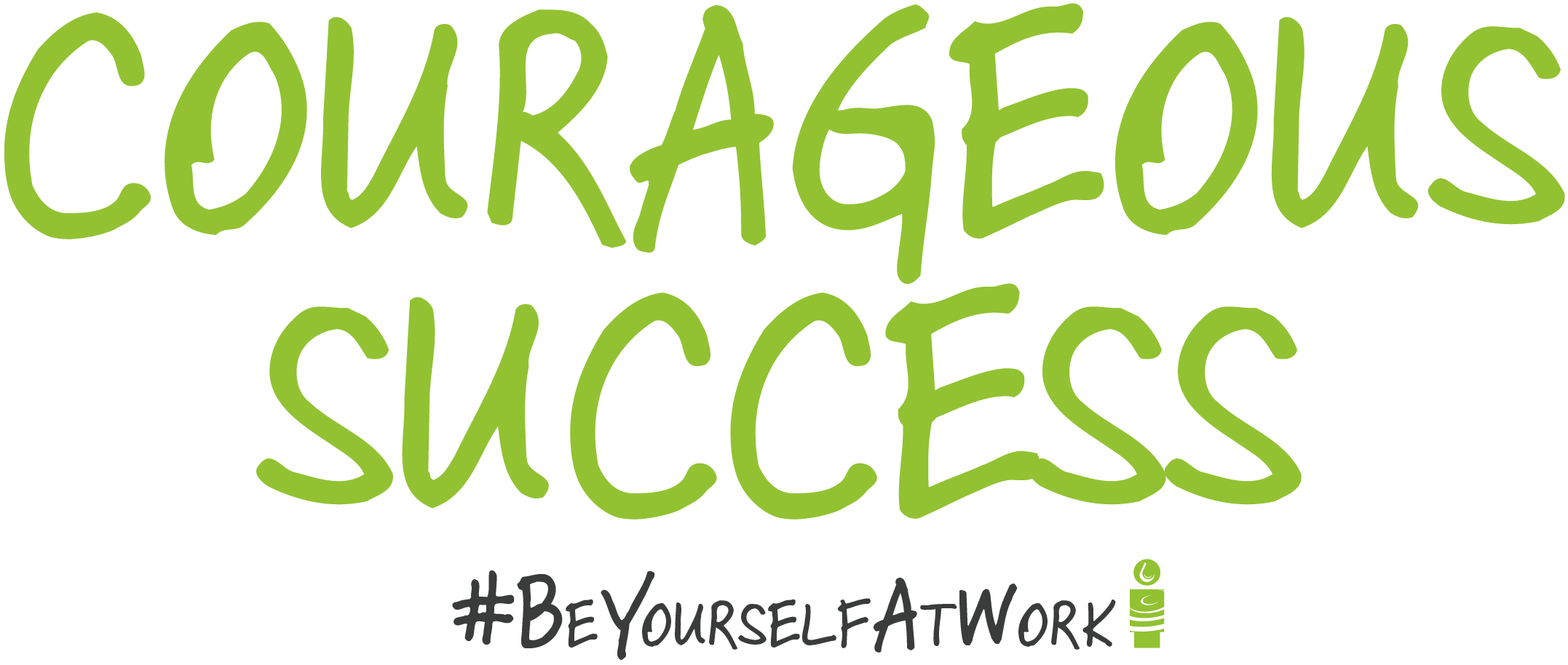“I now feel I have the power to change my workplace.”
We love courage, (hence our name!) and we love non-conformity. We know that conformity in the workplace kills openness, creativity and individuals feeling that they can speak up. After working with us, 81% of our clients say that they feel they now have the power to change their workplace. This isn’t about facilitating rule breaking or dissent in the workplace for no good reason, (many rules are there for very good reasons!) this is about a workplace culture of openness, where individuals feel that they can freely express their views and have an input.
When we consider what the future of might look like with the increasing impact of AI , the ‘fourth industrial revolution’, it appears that having this kind of culture will become increasingly important. Reports speculating and predicting this future, are consistent in highlighting the importance of Creativity, the ability of businesses to innovate, be flexible, and deliver new solutions.
Creativity is ranked 3rd in a list of key future workforce skills, according to the World Economic Forum, having moved up from 10th position in the 2015 report and a Forbes article looking at the same thing, ’The 10 Vital Skills You Will Need for the Future of Work’ ranks creativity as No. 1.
However, there is also evidence that current workplace cultures and norms of conformity can prevent speaking out and creativity.
Gallup, in ‘How to Encourage Differing Opinions, Not Conformity’ give powerful examples of where businesses have made big mistakes (including the Challenger Space Shuttle disaster) due to employees feeling unable to speak up, or feeling that they are not listened to, referred to as “conformity bias, where individuals feel pressured to conform and go along with the decisions of others who all agree on one thing, even if the decision seems wrong.’’ Gallup’s research shows that having your opinions heard; “at work, my opinions seem to count”, is one of the critical factors for fostering employee engagement and a culture of psychological safety. The article highlights that conformity bias prevents leaders from making the best decisions and suggests ways to encourage a nonconformist culture.
The author of ‘Unsafe Thinking’, Jonah Sachs, talked recently to Management Today in an article with the great title of ‘Why Conventional Wisdom is Poisoning Your business’. In it he argues that ”….leaders who rely on conventional wisdom and standard operating procedures risk being left behind: true progress can only come through ignoring everything that we are comfortable with.’’ He goes on to talk about the need for open-mindedness and allowing people to ‘break the rules’, being creative to get round outdated or unnecessary models of operation. “Often in a manufacturing company, for instance, the people on the front line know so much about what isn’t working, but it is hard for them to challenge procedures. So leaders should aim to create an environment where everyone is encouraged to question rules that no longer work.”
We’ve talked before about psychological safety, a term coined by Dr Amy Edmondson, of Harvard Business School, defined as ‘a climate in which people are comfortable being (and expressing) themselves.’
Edmondson’s work has shown that psychological safety predicts quality improvements, learning behaviour and productivity. An internal study conducted by Google found that teams with high rates of psychological safety were better than other teams at implementing diverse ideas and driving high performance. They were also more likely to stay with the company.
Encouraging openness and psychological safety is about creating a feeling of trust and care for those around us, so that debate, creativity, innovation and learning from mistakes happens and makes a business richer in diverse views and ideas. Being authentic is important too.
Here are some tips to encourage openness and creativity:
- Observe yourself, how conscious are you of how you react to others and boost them, especially when they get it wrong or you sense they have something to say?
- Speak up yourself for what’s right, and be open with your opinions without dominating.
- Ask people to share, and when they do, be careful not to judge them. We are all allowed an opinion.
- Truly listen when you ask for views, put your own pre-determined view to one side.
- Trust and be trustworthy, openly inviting confidences.
- Feel you have the power to change your workplace.
#BeYourselfAtWork
